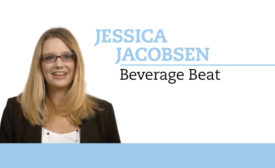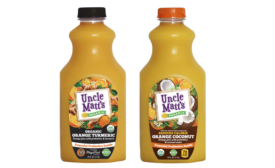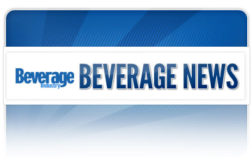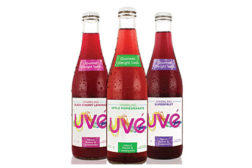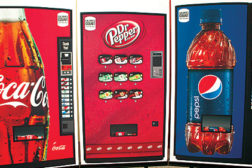Home » Keywords: » calorie reduction
Items Tagged with 'calorie reduction'
ARTICLES
Category Focus
Lemonade finds its home in non-alcohol, alcohol markets
Read More
New report shows national reduction in beverage calorie consumption
Independent analysis marks third consecutive year of notable calorie declines
September 28, 2020
Research shows sugar reduction important to consumers
Innova Market Research finds natural sweeteners contributing to growth
December 19, 2019
Bottled water consumption results in calorie savings, BMC report states
Switching to bottled water saves the equivalent of 87 cheeseburgers a year
June 7, 2016
IBWA infographic highlights bottled water’s health benefits
Infographic also notes industry’s small water use
October 8, 2014
Weight management ingredients battle obesity epidemic
Helping consumers drink away the pounds
July 15, 2013
Elevate your expertise in the beverage marketplace with unparalleled insights and connections.
Join thousands of beverage professionals today. Shouldn’t you know what they know?
JOIN NOW!Copyright ©2025. All Rights Reserved BNP Media.
Design, CMS, Hosting & Web Development :: ePublishing



